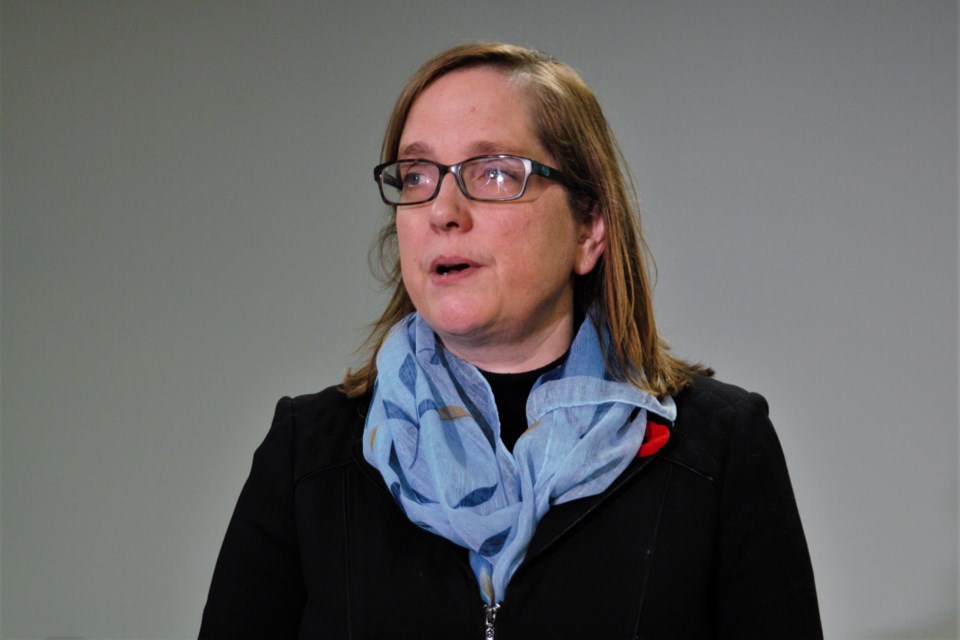THUNDER BAY – With Ontarians aged 60 or older, Indigenous people over the age of 18, and those at risk of severe illness from COVID-19 becoming eligible for a fourth dose of the COVID-19 vaccine, the Thunder Bay District Health Unit’s medical officer of health, Dr. Janet DeMille is encouraging all those now eligible to go out and get it.
“For many people, they’re approaching five months from their booster dose. And we do know that there is evidence of waning immunity, whether it went after somebody’s had a vaccine dose or even if they’ve had a COVID infection, they might have initially very good immunity, and that wanes over time,” said DeMille.
“So the recommendation is that individuals 60 years of age and older consider getting that fourth dose or that second booster dose especially if it’s been five months which is actually 20 weeks or 140 days after their third dose.”
That fourth dose eligibility for people most vulnerable to the COVID-19 virus comes as we are seeing a rise in the data coming from the city’s wastewater.
“For the city of Thunder Bay’s wastewater plant, there was definitely an increase in the numbers. So, we were at a low point around the middle of March and over the course of several weeks in March it was fairly low and in recent weeks we’re seeing that go up,” said DeMille.
“We did receive an additional two data points this morning and we’re still processing it up. They’re actually a bit lower than the previous data point. That previous one was March 30 from last Wednesday. We have now received April 1 and April 4 which are a bit lower but it does show that we’re still higher than we were in the middle of March.”
DeMille also says that we’re seeing an increase in outbreaks in high-risk settings, currently sitting at four while we were at 0-2 throughout March.
“So we do see perhaps a trend to increasing, but we’re not seeing, as of right now, in our data, that sort of more rapid increase that has happened in other areas,” said DeMille.
“However, I very much believe it’s coming and it could be coming within the next week or so.”
Dr. DeMille says that the vaccine is still our number one way to reduce our risk of catching the virus or requiring hospitalization from the virus.
"It doesn't matter how tired we are, it's still going to be here, it's still going to spread and it's not over and, you know, that's a difficult reality to accept. And when we look at something like Omicron and how quickly it spreads and how pervasive it can be, that a lot of people are going to be exposed, they're going to be infected and they're going to be sick. For some that will be a mild illness, for some that won't be mild and they'll pass it on to others," said DeMille.
"We know vaccines work. We know that the third booster shot for example, that we were giving back in December and January mostly actually protected people from getting infected. There were less people that got the booster dose that got infected. So we know this vaccine works at preventing severe illness requiring hospitalization or where people die. We know the vaccine works."
The Health Unit is holding a walk-in 4th dose vaccine clinic for those over 70 this Saturday at the CLE.
